By Zhao Li and Xue Lingqiao
(ECNS) -- A senior Malaysian official voiced support for free trade and multilaterisam at the Beijing Promotion Symposium for the 25th China International Fair for Investment and Trade (CIFIT) on Thursday in Beijing.
During the event, Unny Sankar Ravi Sankar, minister of Economic Affairs of the Embassy of Malaysia in China, warned that tariffs and other trade barriers pose risks to global economic stability.
"I think the prolonged imposition of tariffs will definitely increase the cost of doing business, not just in the United States, but also in many other countries," he said in an interview with China News Network.

"Our supply chains are always intertwined between many countries, so it really impacts the supply chains and increases business costs. We may have a lot of other repercussions, like business slowing down. We will start seeing this maybe in the next four to six months. So, tariffs in the long term are actually not good."
As the 2024 ASEAN chair, Malaysia is actively promoting regional economic integration. " We advocate multilateralism and free trade," he noted. "With China, we have the Regional Comprehensive Economic Partnership. Bilaterally, Malaysia is also part of the Belt and Road Initiative. All these strategic economic policies will not just help Malaysia, but also benefit the whole region."
Discussing the business environment in China, Sankar acknowledged the country's vastness and regional diversity. "China is a huge country, so it really depends on which province or city you're operating in. Some Malaysian businesses have been here for years and are doing very well."
He encouraged local governments in China to enhance dialogue with foreign investors. "Doing business in China is very different from other parts of the world. It is something both sides have to learn—foreign businesses need to understand how to operate in China, and at the same time, the local ecosystem should also learn how international companies could operate in China.
On cooperation in emerging industries, Sankar stressed the importance of partnering with China in cutting-edge fields. "China is at the frontiers of many new and emerging technologies. This is something that China should closely collaborate on with friendly countries," he said.
He sees this as the future, not just for China, but for Asia. "We should work closely in new technologies, semiconductors, robotics, and AI. These are the areas we should focus on."
He also highlighted the role of CIFIT as a vital platform for international cooperation. "Many ASEAN businesses are familiar with the China-ASEAN Expo in Nanning, but not many know about CIFIT. This is something we need to continuously promote. With greater participation, companies can establish a solid presence in China and strengthen links with their domestic supply chains."
Sankar affirmed that Malaysia will continue to actively participate in and support international events like CIFIT to foster a more open, inclusive, and mutually beneficial global business environment.









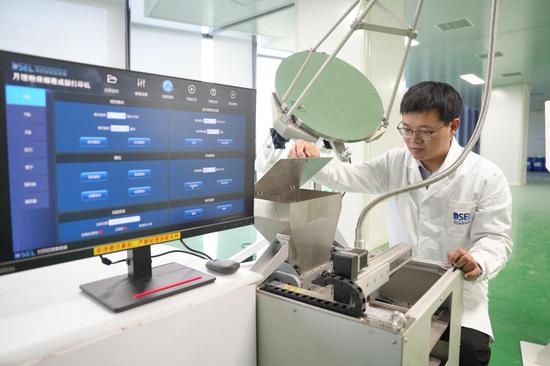

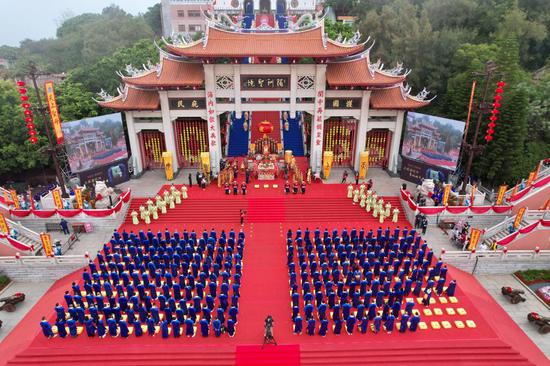
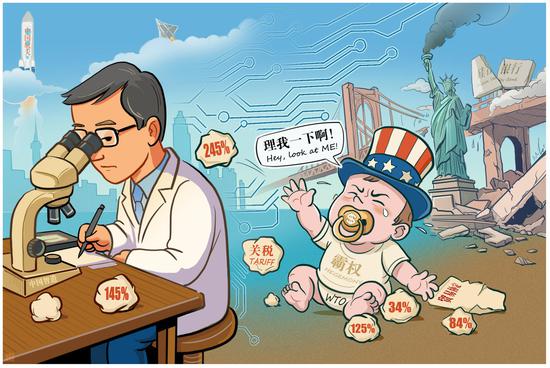




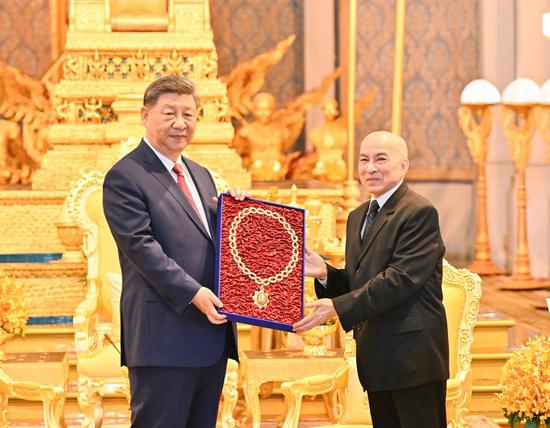
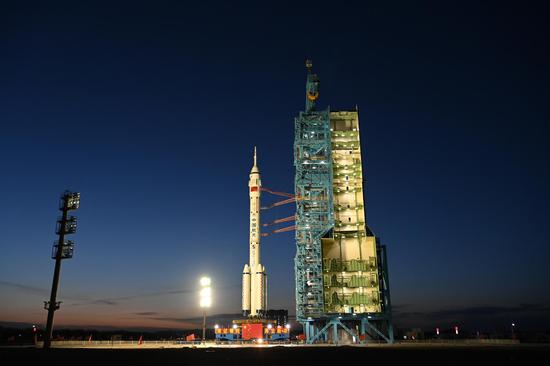
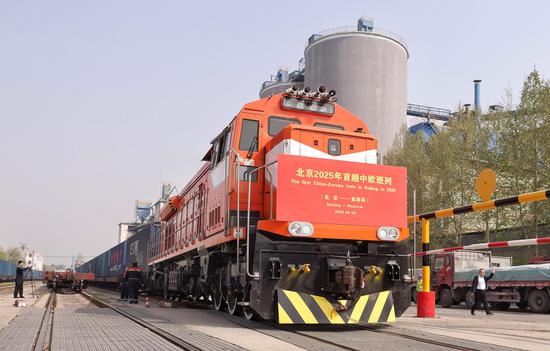

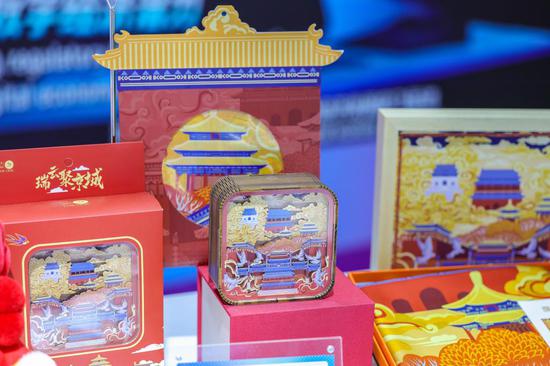



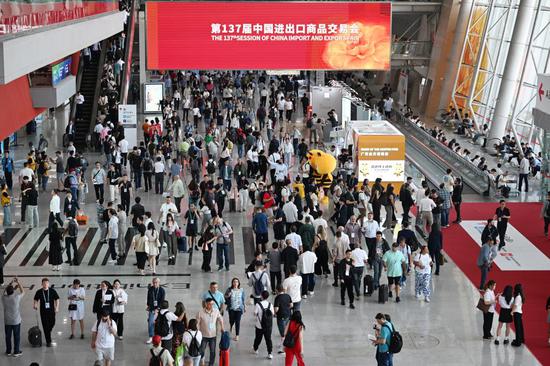
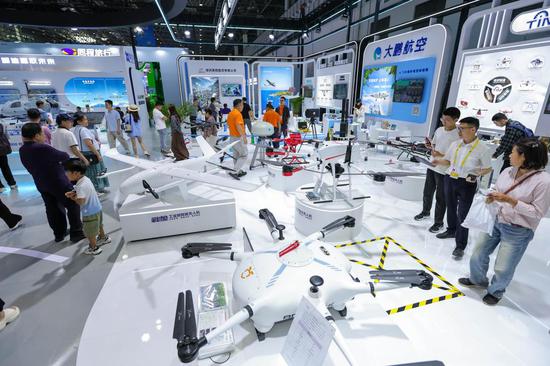
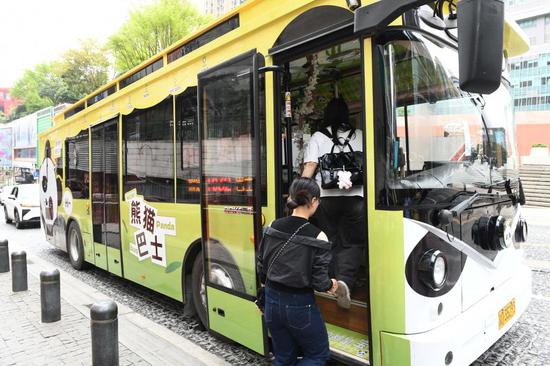

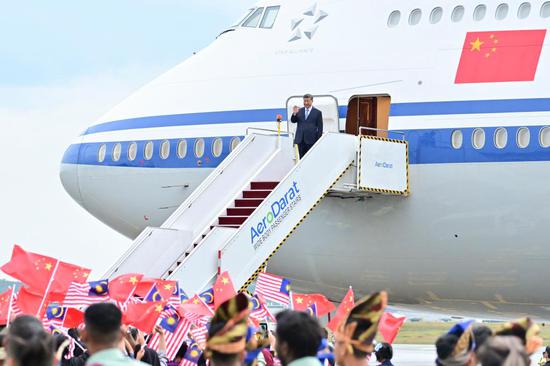

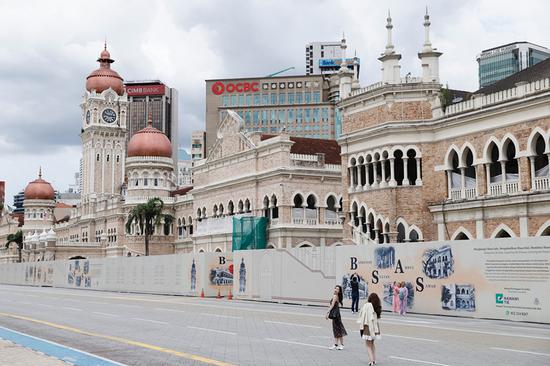


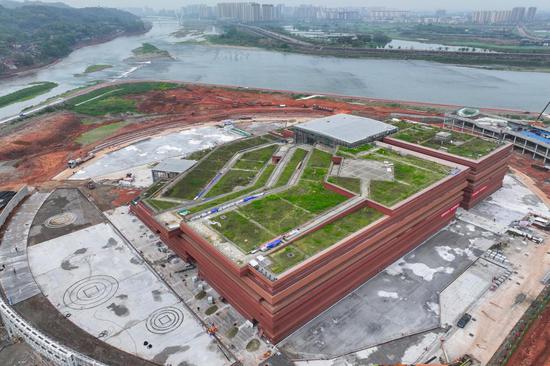


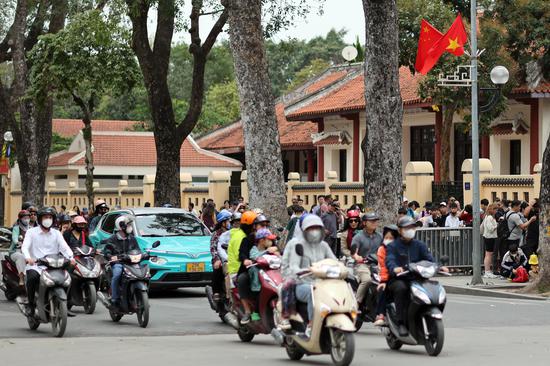
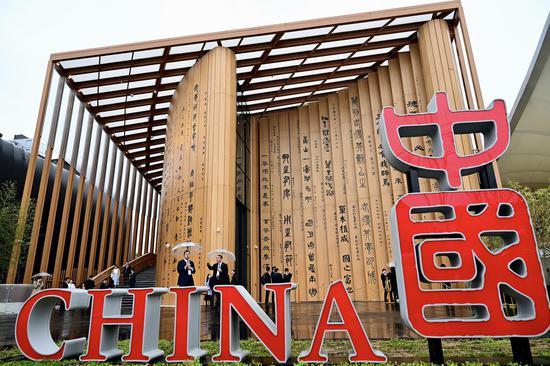
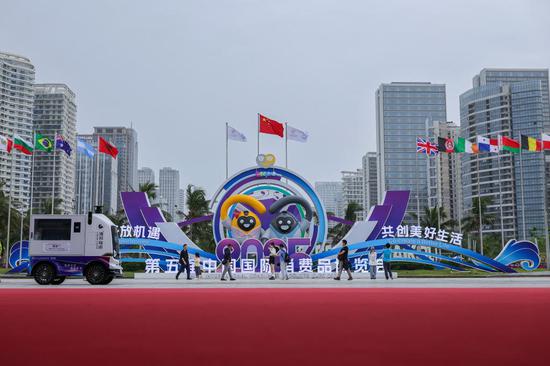

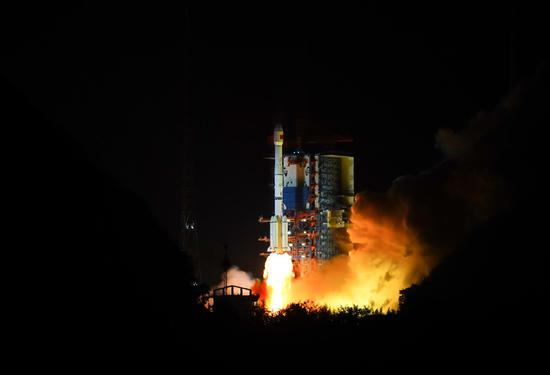
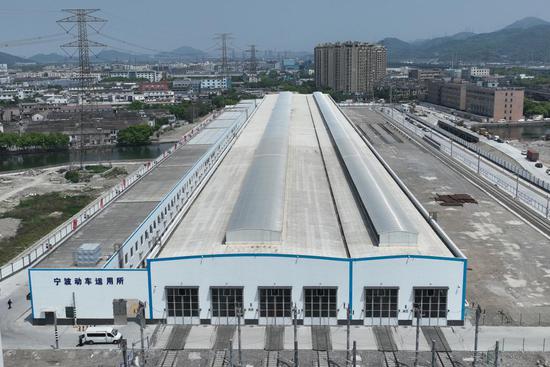

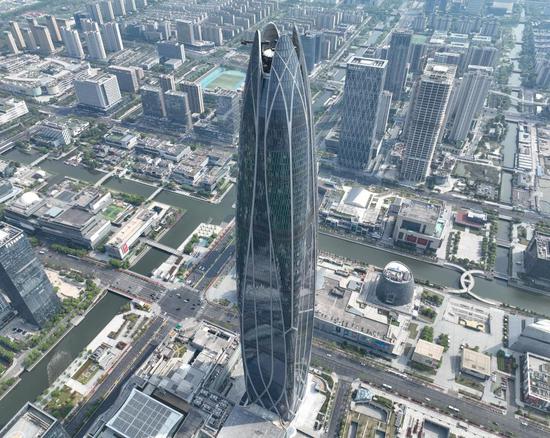

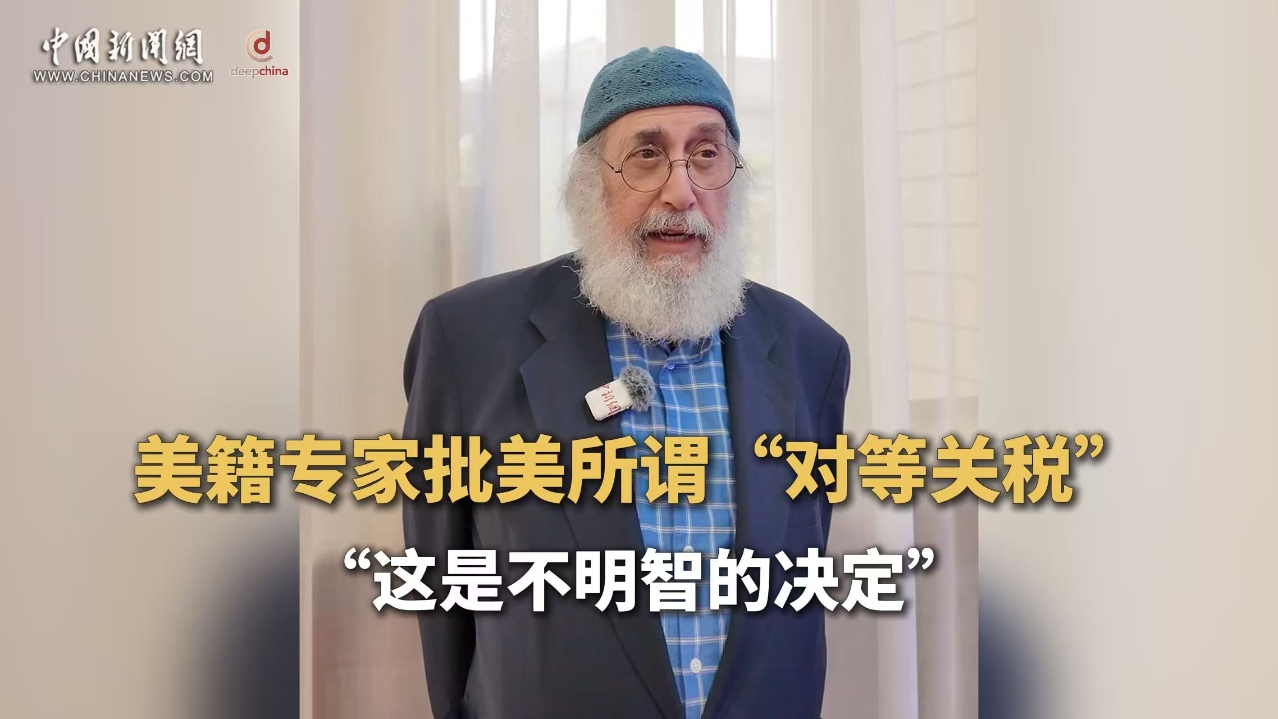

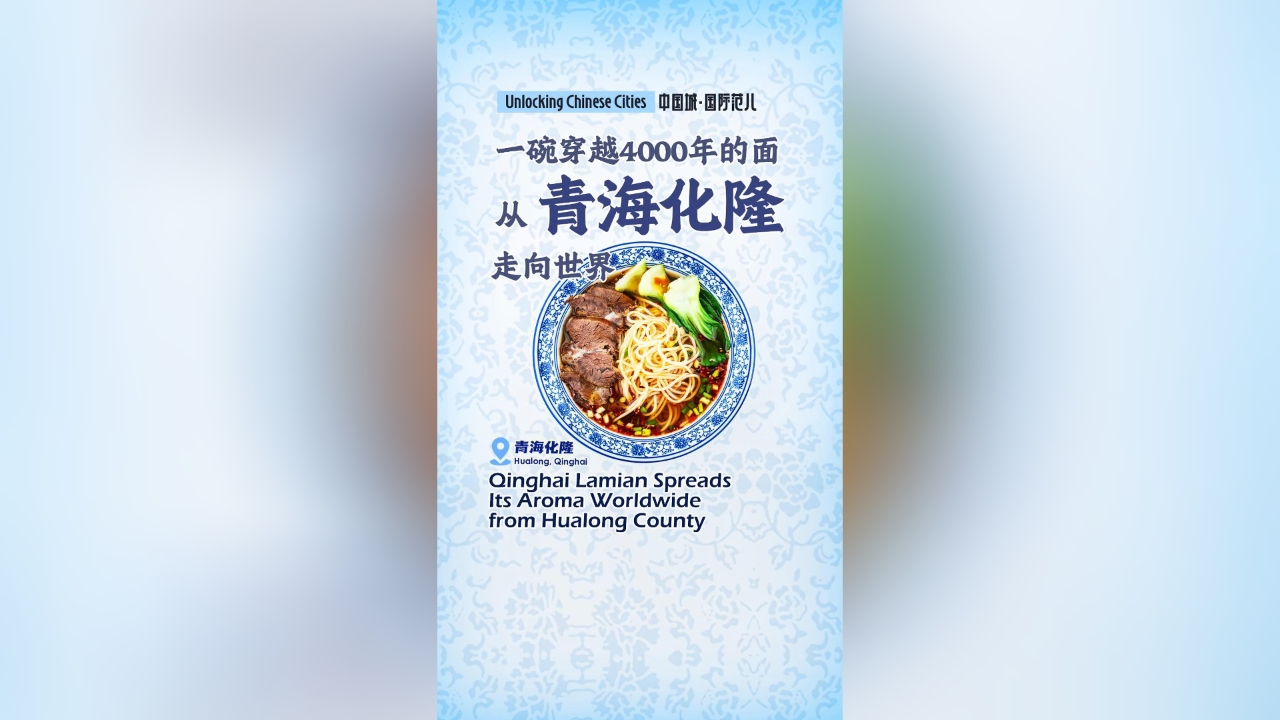

 京公網安備 11010202009201號
京公網安備 11010202009201號